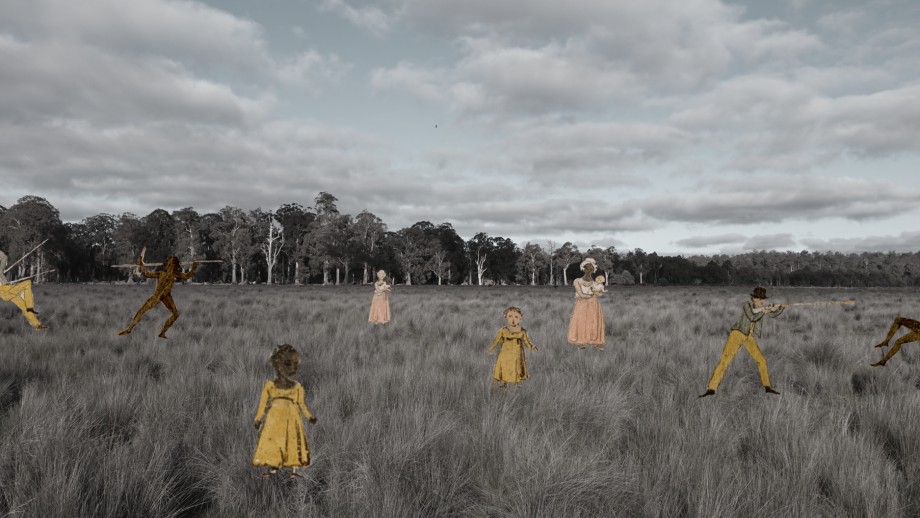2024 Annual Phillipa Weeks Lecture
Presented by ANU College of Law
The ANU College of Law is proud to welcome Professor Shae McCrystal (University of Sydney Law School) as the keynote speaker at the annual Phillipa Weeks Lecture. Given each year in memory of the late ANU Law Professor, Phillipa Weeks, this annual lecture is delivered by national and international experts highlighting key issues in the area of labour law.
The De-Collectivisation of Representation in Collective Bargaining in Australia
The balancing of individual and collective rights in industrial relations is a fundamental issue for public policy, and there is an unmistakeable tendency in both debate and practice to shift the balance in favour of workers vis-à-vis unions, which are recognised to be powerful economic, political and social organisations capable of overriding the interests of individual workers.
Phillipa Weeks, Trade Union Security Law, Federation Press, 1995, p 255.
In 1995, Professor Phillipa Weeks published her outstanding contribution to Australian labour law scholarship, Trade Union Security Law. Professor Weeks’ study of preference and compulsory unionism in Australian industrial law examined the tensions between collectivism and individualism when regulating unions in their relationships with their members, non-members and employers. It ended with a warning (echoing that of Laura Bennett) that the allocation of rights to individuals against unions leaves employers’ overwhelming rights and powers untouched, while denuding the collective power of workers.
Since 1995, the federal industrial regime has moved progressively further in favour of individual rights, decentring the role of unions, and elevating the rights of individual workers vis-à-vis unions within our collective bargaining system. In 2009 with the passage of the Fair Work Act 2009 (Cth) (FW Act), the notion that unions make collective agreements with employers for the benefit of their members and all employees at a workplace was all but removed from the Act. Instead, the FW Act enshrined a bargaining system where employers made agreements with their employees - employees who may or may not be represented in that process. Furthermore, each individual employee to be covered by a proposed enterprise agreement was given the right to separate individual representation in bargaining – a formal right to an equal seat at the bargaining table with all other employee representatives. In other words, the FW Act effectively ‘de-collectivised’ representation in collective bargaining.
This public lecture will explore the gradual de-collectivisation of representation in collective bargaining, beginning with, in 1993, the introduction of ‘Employee Flexibility Agreements’ (the first non-union collective agreements), moving through to the enshrining of individual representation in the FW Act. The lecture will explore how this shift has denuded worker collective power by removing any obligation on workers to resolve their differences collectively in order to present a united front in collective negotiations, and increased the power of employers by effectively handing them control in agreement-making and bargaining. Furthermore, the shift has left employers to undertake the role of mediating between differing or conflicting employee claims – a role that in almost all other collective bargaining systems internationally is played by unions. Professor Weeks warned us in 1995 that elevating individual rights over collective rights would be to the detriment of employee power in bargaining.
Location
Fellows Road
Acton, ACT, 2600
Contact
- Charlen Vandervalk



